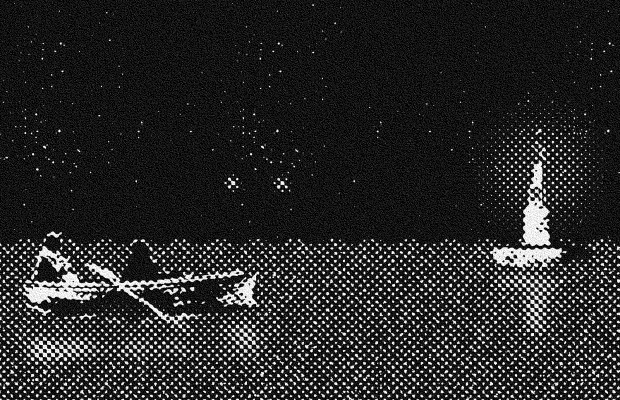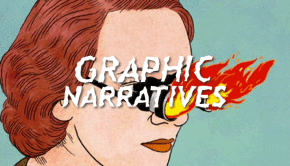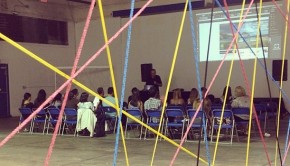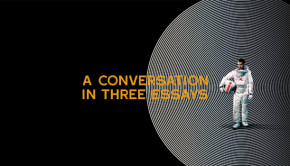Exactly How Necessary Are Kids, Though, Really
Discontinuities, a series about science fiction film and critical dialogue, continues today at R/D, 691 Auahi St., with Children of Men at 7:15pm. Tickets cost $25 and include all films, as well as a collection of critical essays written by journalists, scholars, artists, and film lovers. Presented here is an essay on tonight’s film, written by James Cave.
Imagine a world without the sounds of children. For the cynic neighbor living next to a house with a tantrum-throwing two year old testing her boundaries, this scenario might be a dream wished for upon a peaceful star. But let’s face it: A world without kids would suck.
Alfonso Cuarón creates just this predicament in the 2007 film Children of Men, and it looks terrible! Not the film—the film is a beautiful meditation on mankind’s self-induced disintegration of society—but his reality of a world without babies is terrible. Is it science fiction? It’s set in the near future of 2027. Theo (Clive Owen) shovels through the remains of a London in a future that pretty much rhymes with our present: fractured societies react to government indifference; inculcating and tabloidish media overhype events and exist to spread propaganda for the police state; the world is too small (although, I noticed that traffic never seems to be an issue), so we drink and smoke and shoot each other to cope; and technology, while moderately advanced, has digressed in the face of all of this.
It is a world unraveled, chiefly due to some mysterious 2009 event that de-fertilized women everywhere, making it impossible to procreate. We didn’t know how to handle it, so we turned on each other. It’s a dystopian world to be sure, but, thanks to Theo and an African immigrant he falls into caring for, named Kee, not without optimism. Kee, against all odds, is pregnant, and Theo must barrel through the shitstorm to take her and her baby to the safe harbors of the Human Project via the ship of Tomorrow.
The war-torn men of the military bow down before the hope of a baby girl, an embodiment of redemption. Biology has chosen to make her a she, and life, once again, trumps human destruction.
So, again: Is it science fiction? Of course it is. Children of Men satisfies several sci-fi quotients. It takes the rules of our social environment and exacerbates them to challenge us, to make us hope, to teach us about ourselves. But I challenge that this question—as most questions should and do in the face of good cinema—becomes obsolete. Children of Men is a just a damn good movie. We watch it, we become affected, enraptured, changed. It sticks with you. (It is also the vehicle for one of the most memorable scenes in cinematography in the last 10 years: A blood-stained camera chases Theo through a ten-minute siege in the middle of town, with no cuts, in one shot.)
Children of Men is more than labels of genre. That is grossly missing the point. The larger lesson here is that good art defies label. The smaller lesson, taught by the story, is that humans generally suck, and that no matter what kind of fucked up world we create for ourselves, we are the children of our own creation. Life does it’s own thing.
Illustration by Walter Green.

















